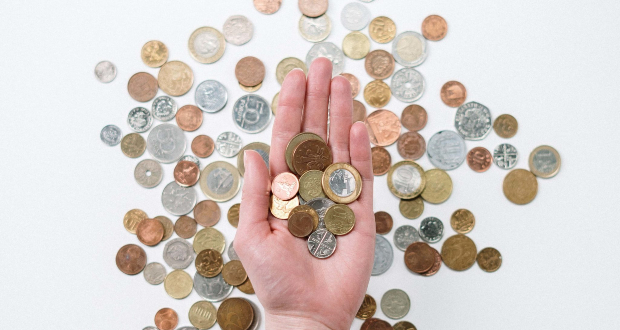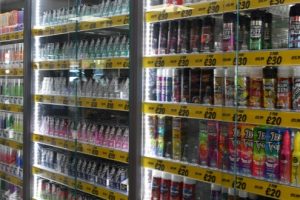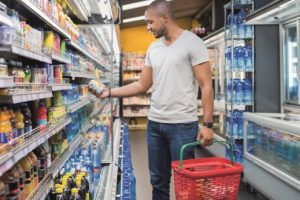Data from Barclaycard, which sees nearly half of the nation’s credit and debit card transactions, reveals that spending on essential items grew 7.1% – an increase on last month’s growth of 5.7%.
This was mostly driven by the largest uplift in supermarket shopping (6.5%) since February 2021, as well as the highest rise in spending at food & drink specialist stores (1.1%) since December 2021.
These increases were likely caused by surging food prices, as well as the quarter of Brits (26%) who say they have been stocking up on Christmas items earlier this year to help spread the cost.
Supply chain issues are also influencing grocery shopping habits, as two fifths (40%) of consumers report being concerned about products running out of stock earlier than usual. Seven in 10 (69%) of these shoppers say they’re worried about shortages of household essentials such as eggs, likely due to the recent avian flu outbreak, while 48% expect to find it difficult to source Christmas meat such as turkey and ham.
The colder weather led more households to switch their heating on for the first time this season, causing spending on utilities to grow. As a result, even more Brits are expressing concern about the impact of rising household bills on their personal finances
As the colder weather encouraged Brits to spend more nights in, some “insperience” categories had another strong month, with takeaways and fast food growing 13% – higher than in October (11.7%).
Separately, discount stores enjoyed a boost as shoppers sought more bargains, with the category recording its highest rise (5.0%) since April 2021 (23.6%).
Brits’ confidence in their household finances and ability to live within their means each month has seen a small dip, falling from 60% and 67% in October to 57% and 64% respectively in November. However, optimism in the UK economy has risen marginally over the same period – perhaps in response to the Autumn Statement – from 15% to 18%.
 Talking Retail Grocery and product news for independent retailers
Talking Retail Grocery and product news for independent retailers






